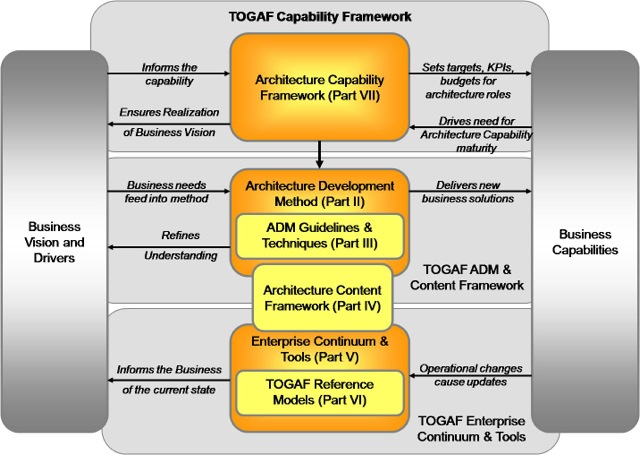
- #TOGAF CERTIFIED ENTERPRISE ARCHITECT SALARY HOW TO#
- #TOGAF CERTIFIED ENTERPRISE ARCHITECT SALARY SOFTWARE#
- #TOGAF CERTIFIED ENTERPRISE ARCHITECT SALARY PROFESSIONAL#
Develop strong soft skills: As an Enterprise Architect, you will need to communicate effectively across different teams and levels of management, so developing strong interpersonal, analytical, and problem-solving skills is essential.Ĥ. Develop a strong foundation in programming languages, databases, computer networks, and cloud computing.ģ.
#TOGAF CERTIFIED ENTERPRISE ARCHITECT SALARY SOFTWARE#
Gain related experience: Enterprise Architects generally have several years of experience in various IT roles, such as system administrator, network engineer, or software developer. Some positions may require a master’s degree, especially in management information systems or a related field.Ģ. Education: Obtain a bachelor’s degree in a relevant field, such as computer science, information technology, or software engineering. Follow these steps to embark on a successful career as an Enterprise Architect:ġ.
#TOGAF CERTIFIED ENTERPRISE ARCHITECT SALARY HOW TO#
How to become a Enterprise Architect?īecoming an Enterprise Architect involves a combination of education, experience, and certifications to demonstrate your expertise in designing, implementing, and managing a company’s IT infrastructure. In essence, a skilled Enterprise Architect bridges the gap between the technical aspects and the business dynamics, ensuring that technology is strategically leveraged to promote growth and innovation within the organization. As part of their function, they are tasked with aligning IT components such as software, hardware, and network systems with the company’s vision by optimizing processes for seamless communication and efficient data management. They are responsible for designing, implementing, and maintaining the IT infrastructure in a way that supports the company’s goals and objectives. Enterprise Architect Job Description What does a Enterprise Architect do?Īn Enterprise Architect plays a crucial role in harmonizing an organization’s technological framework and business strategies. It is vital to note that the demand for Enterprise Architects continues to rise, as more businesses understand the importance of aligning IT infrastructure and business goals, which ultimately plays a crucial role in enhancing the overall efficiency and competitiveness of the organization. Entry-level professionals can expect to earn closer to the lower end of the range, while those with extensive expertise and a proven track record of success can command salaries at the higher end. The salary range for these highly skilled individuals typically falls between $90,000 and $150,000 per year, depending on factors such as experience, location, and company size.
#TOGAF CERTIFIED ENTERPRISE ARCHITECT SALARY PROFESSIONAL#
So, whether you are a seasoned professional looking to expand your skill set or an aspiring individual aspiring to embark on a rewarding career path, this detailed insight into the world of Enterprise Architecture will prove invaluable.Įnterprise Architect salaries continue to be a topic of interest among professionals in the IT field, as the role is becoming increasingly important in the development of organizations’ IT strategies. Additionally, we will shed light on the expected salary for this position, which is undeniably a testament to its significance in the corporate world.



This blog post delves deep into the role of an Enterprise Architect, exploring their responsibilities, required skill set, and potential career growth they can experience in this dynamic field. As digital transformation accelerates and demands for agility and innovation grow, this position has become indispensable for enterprises looking to stay ahead in their respective industries. Enterprise Architects hold a unique position that demands a comprehensive understanding of both technology and business strategy, acting as the bridge between these two worlds. In today’s fast-paced and constantly evolving business landscape, organizations increasingly recognize the vital role played by Enterprise Architects in aligning their IT infrastructure with organizational goals.


 0 kommentar(er)
0 kommentar(er)
